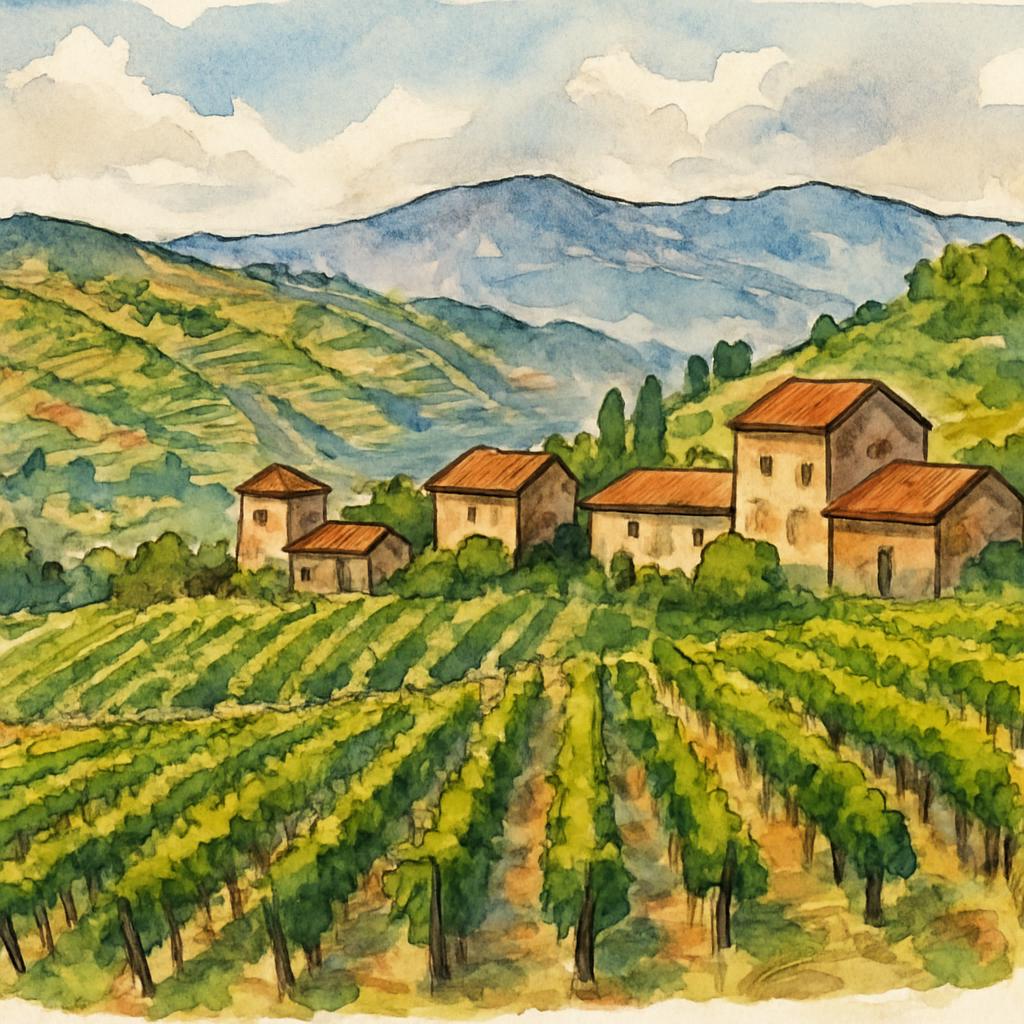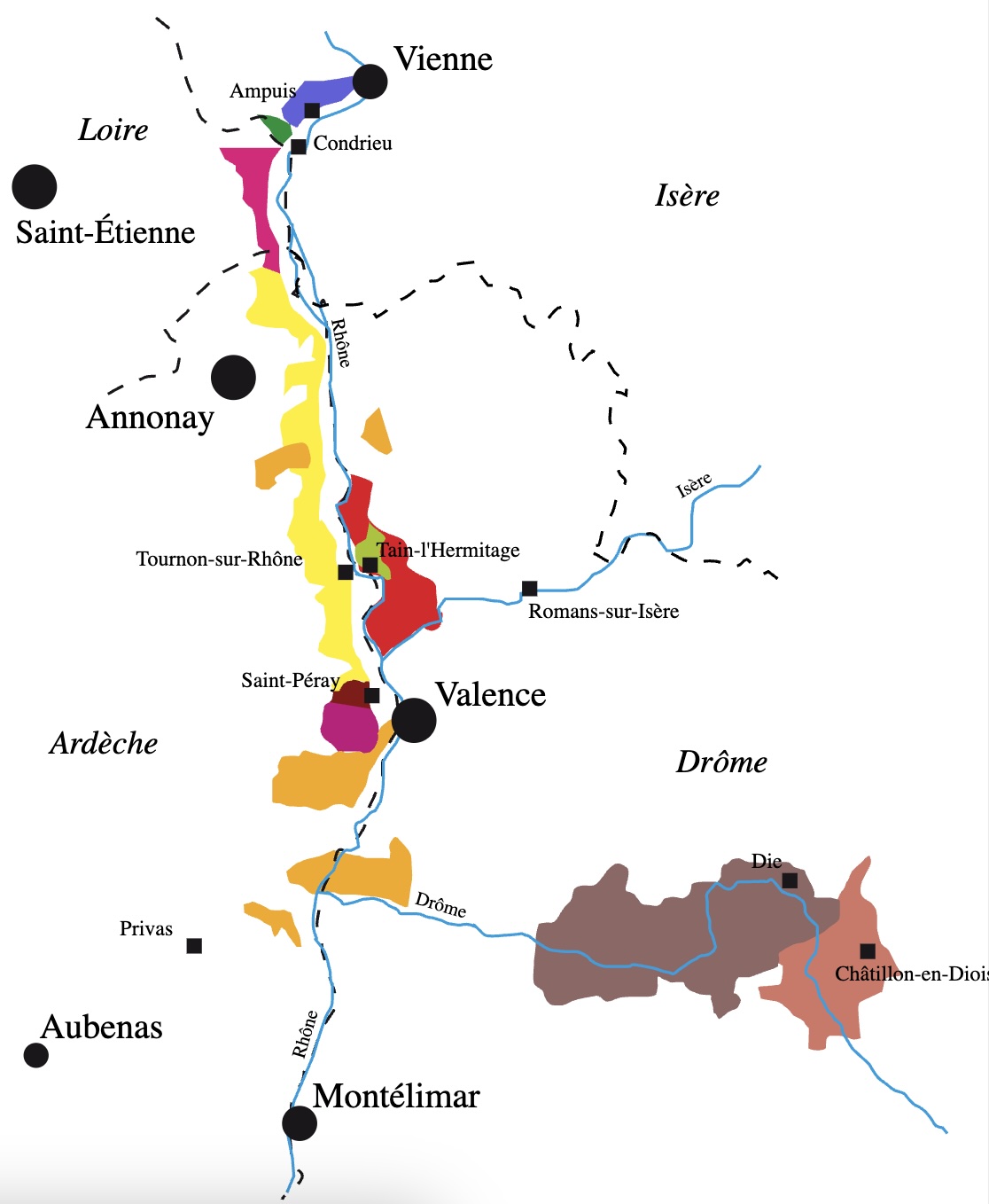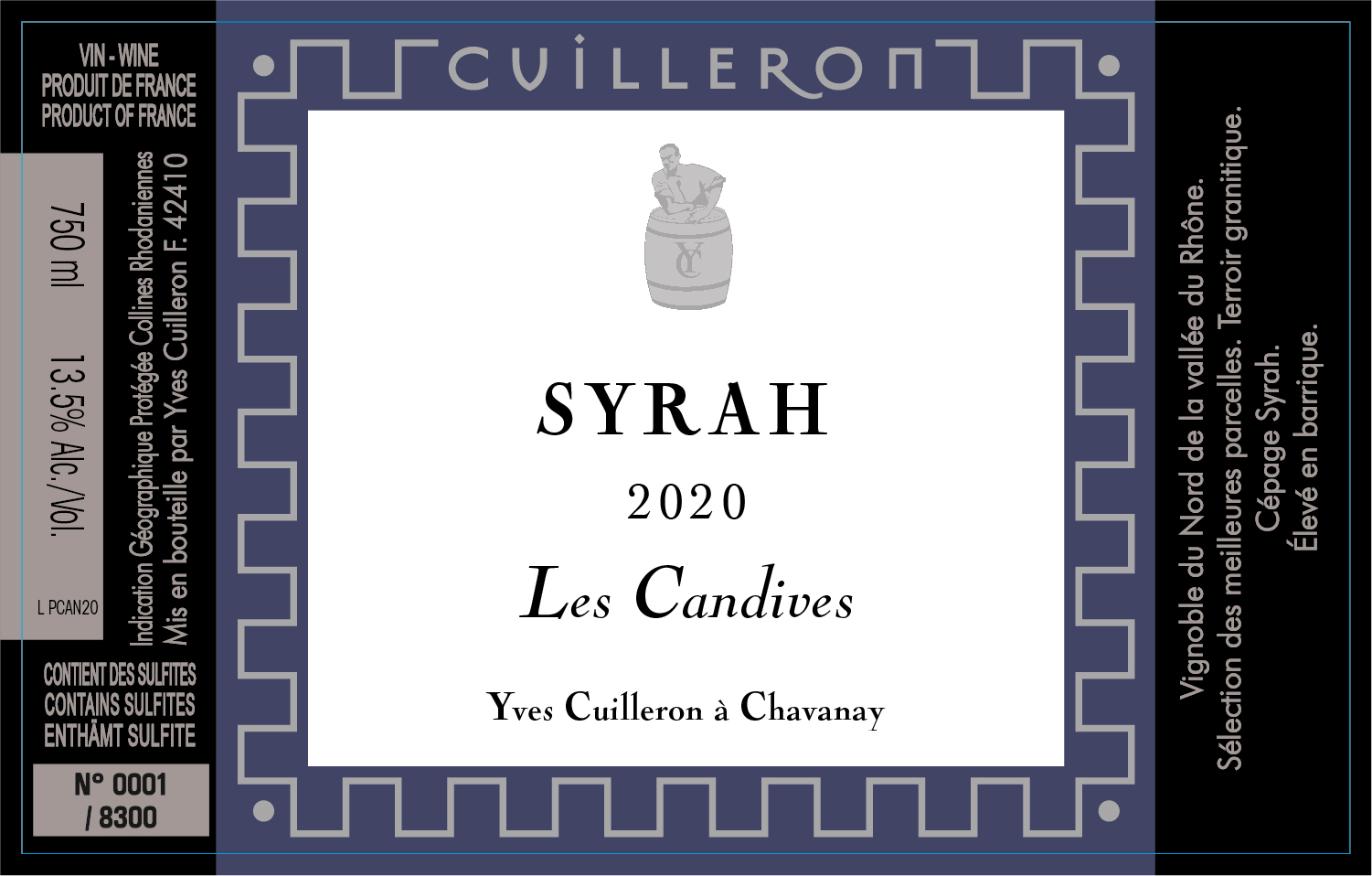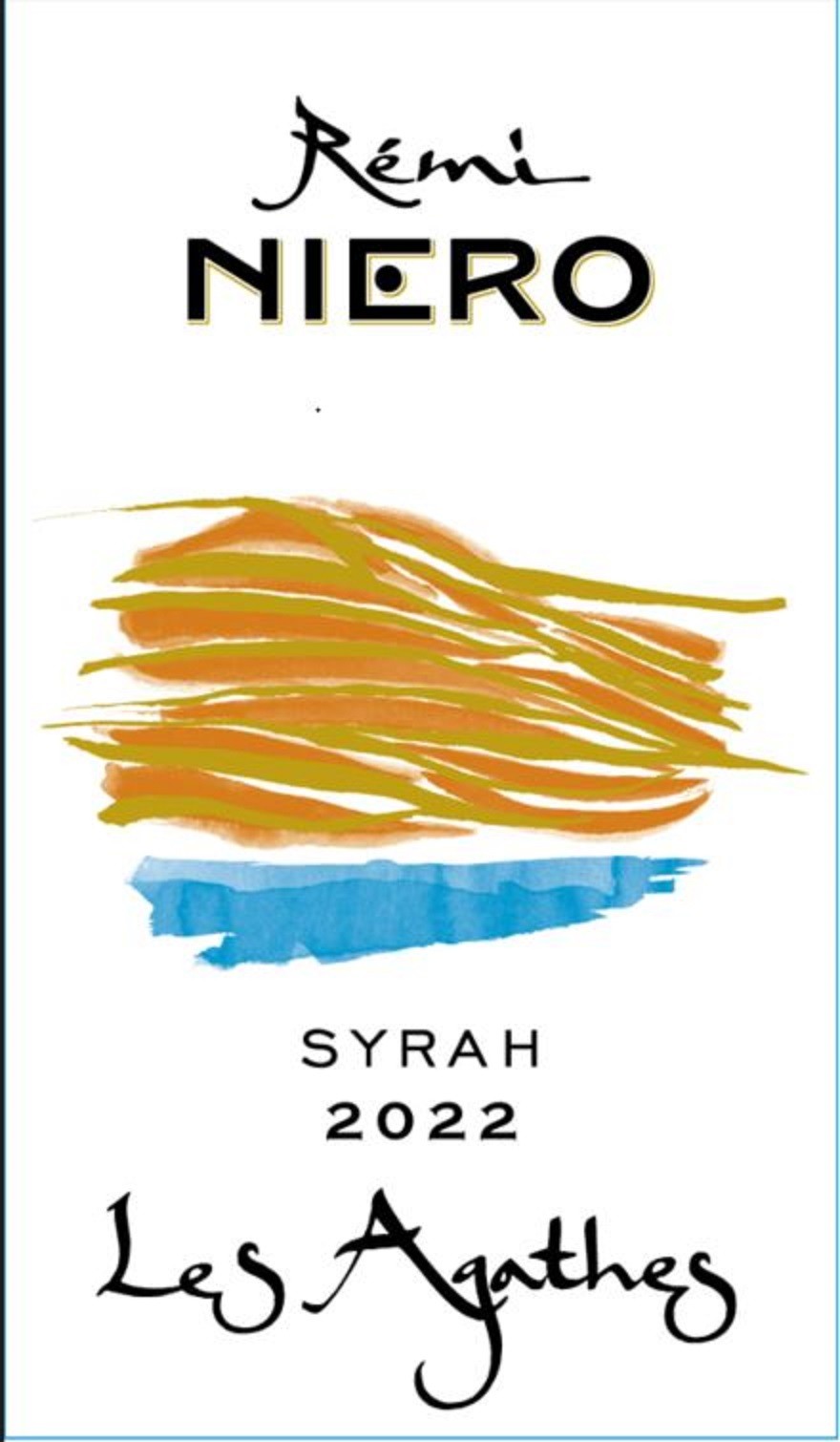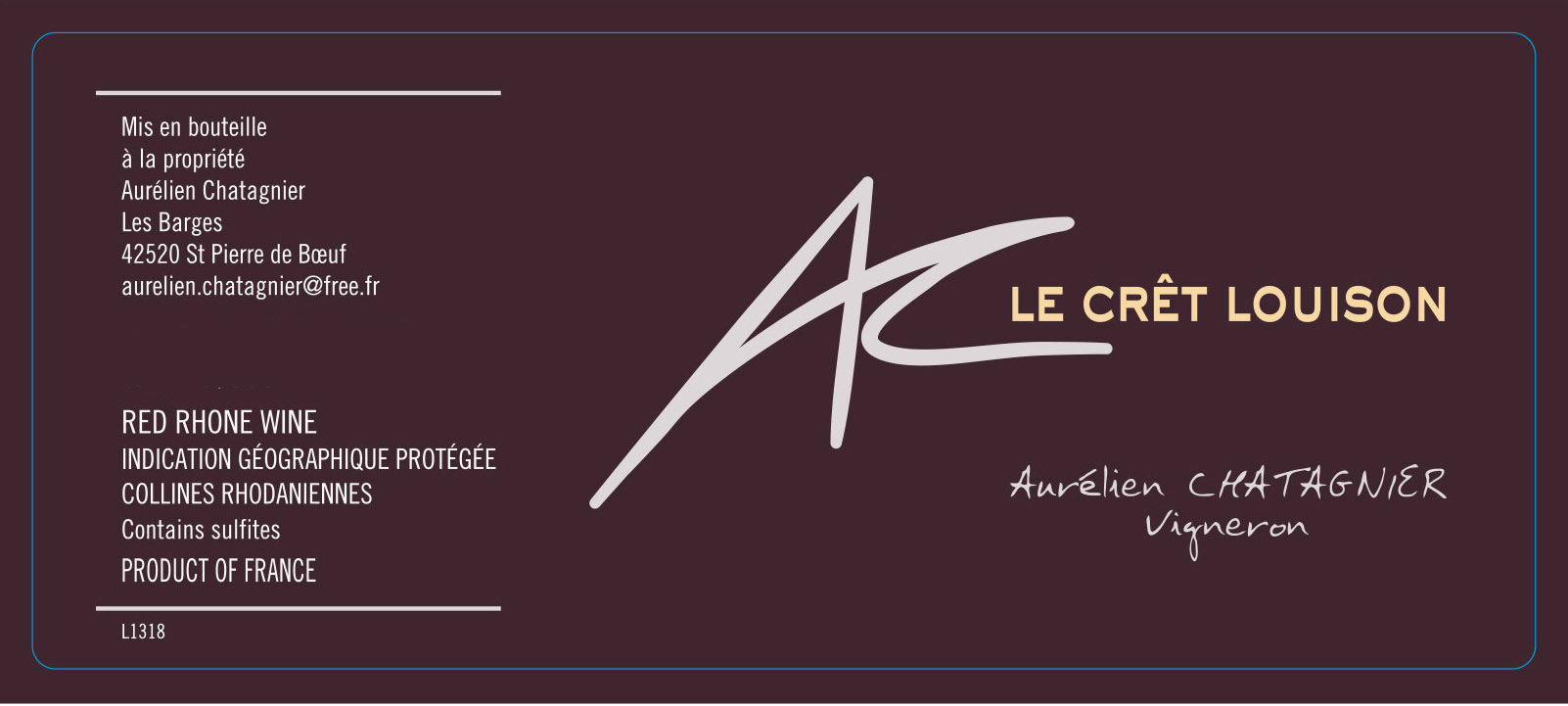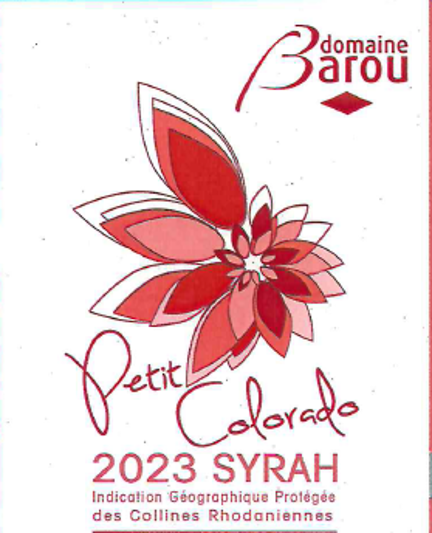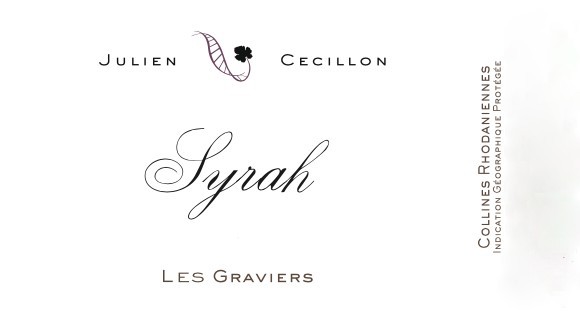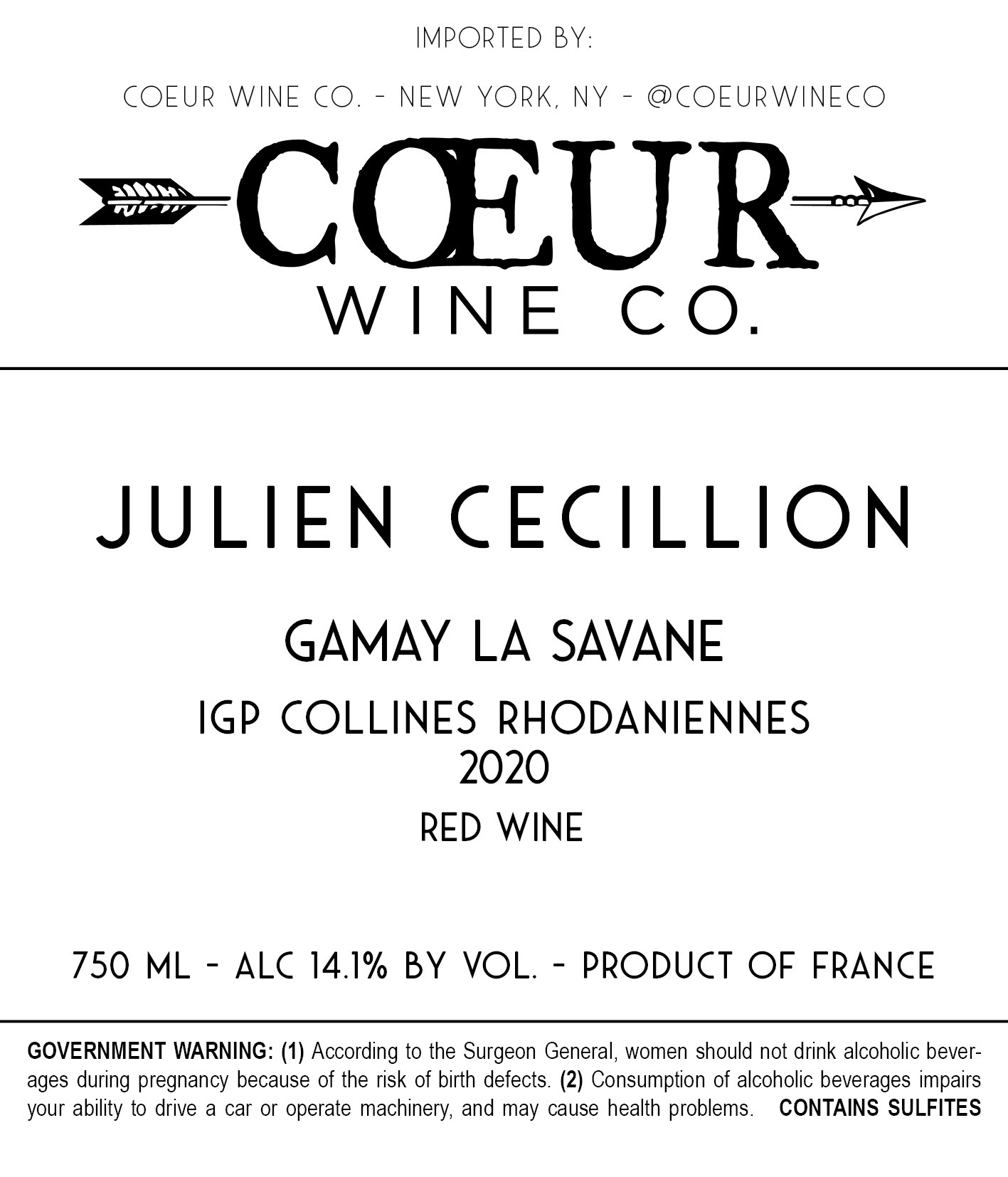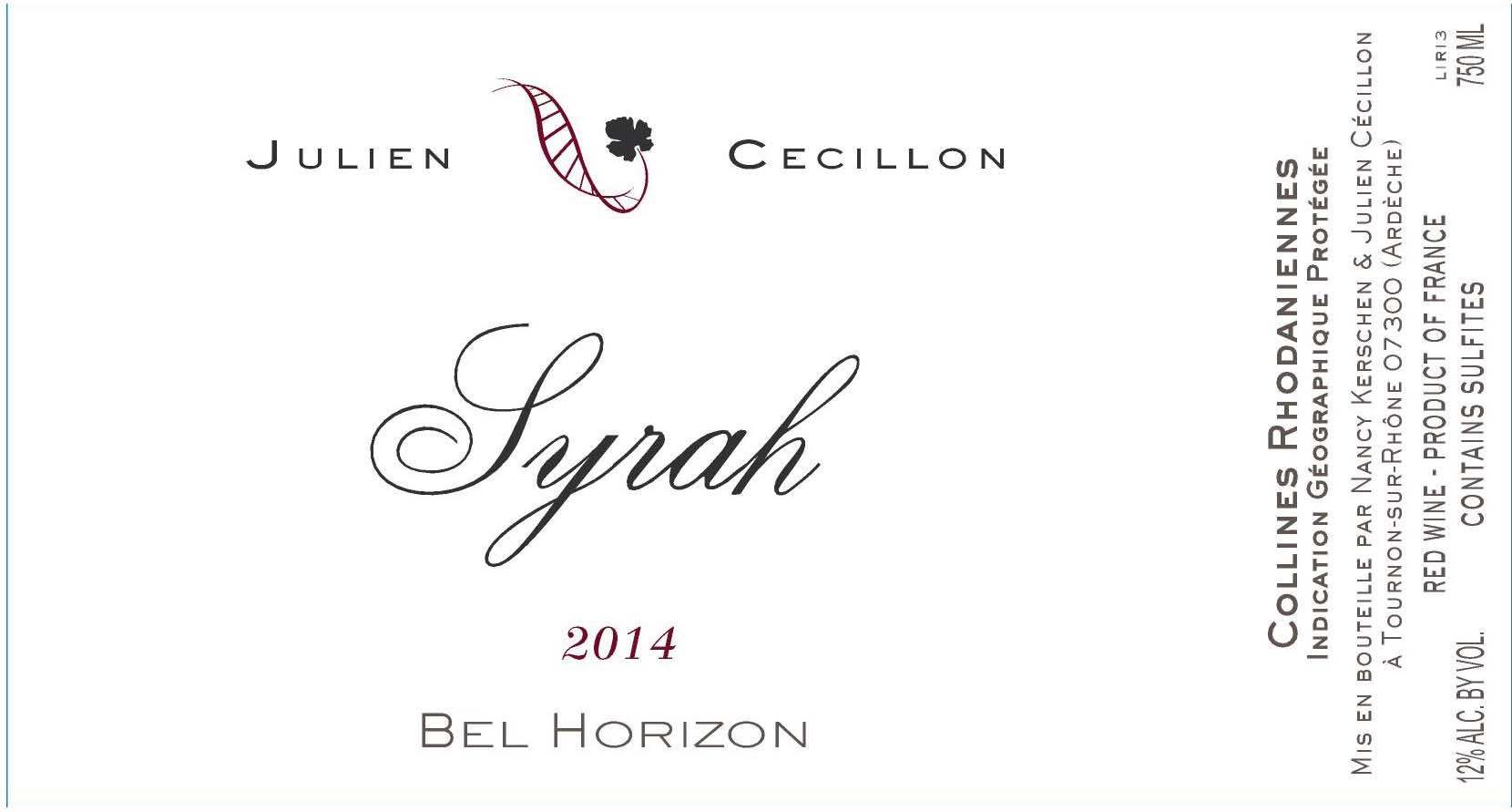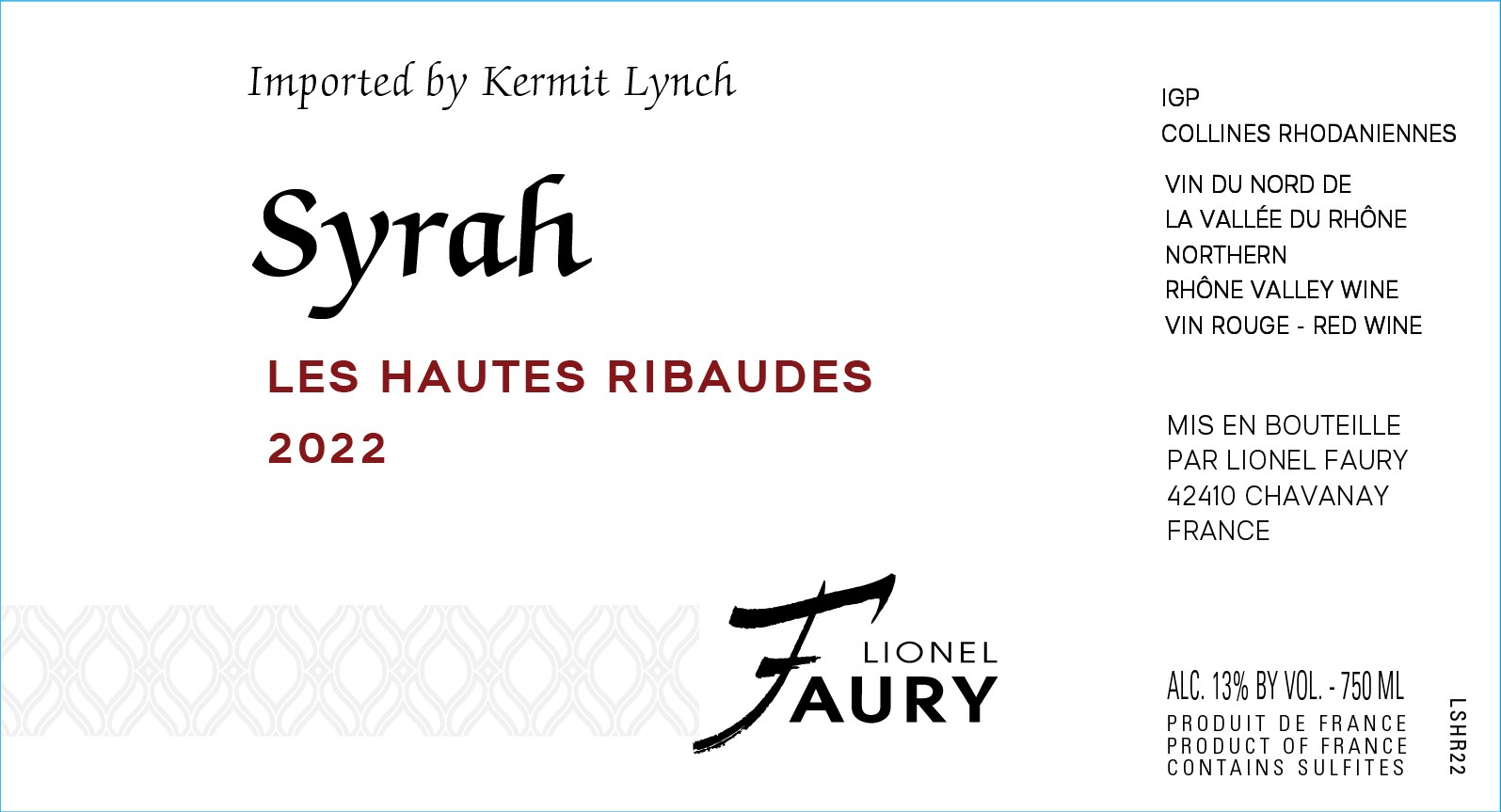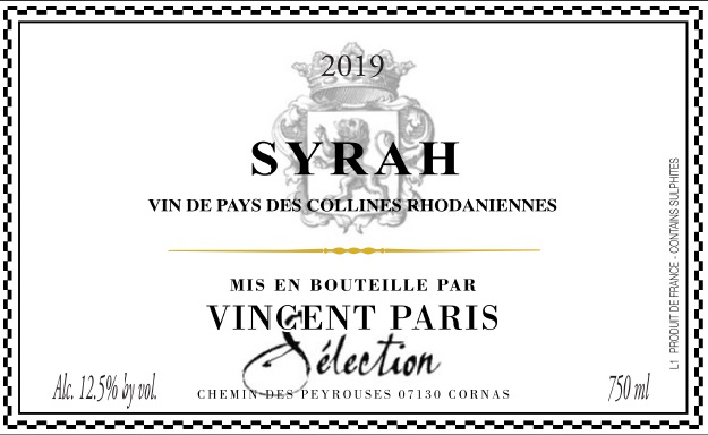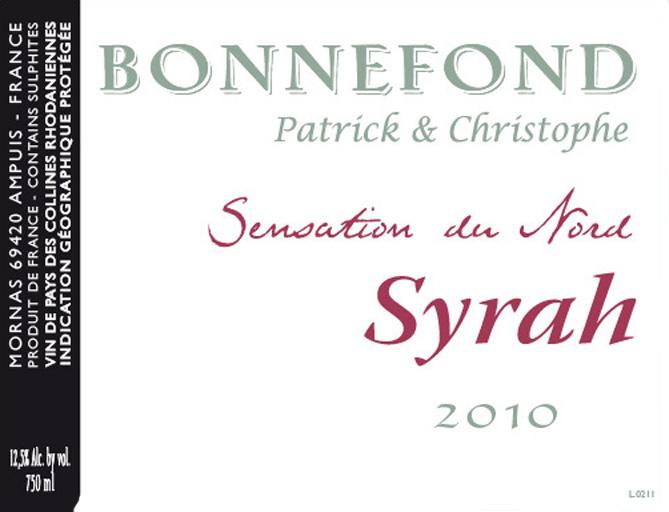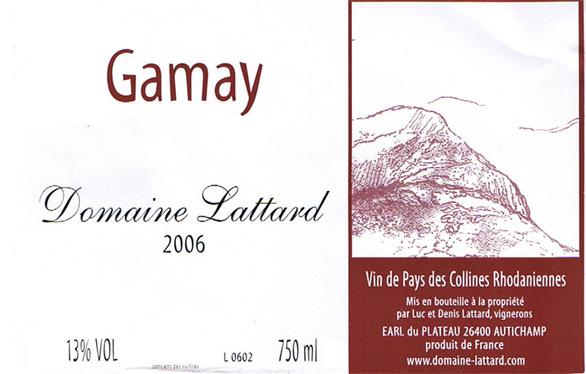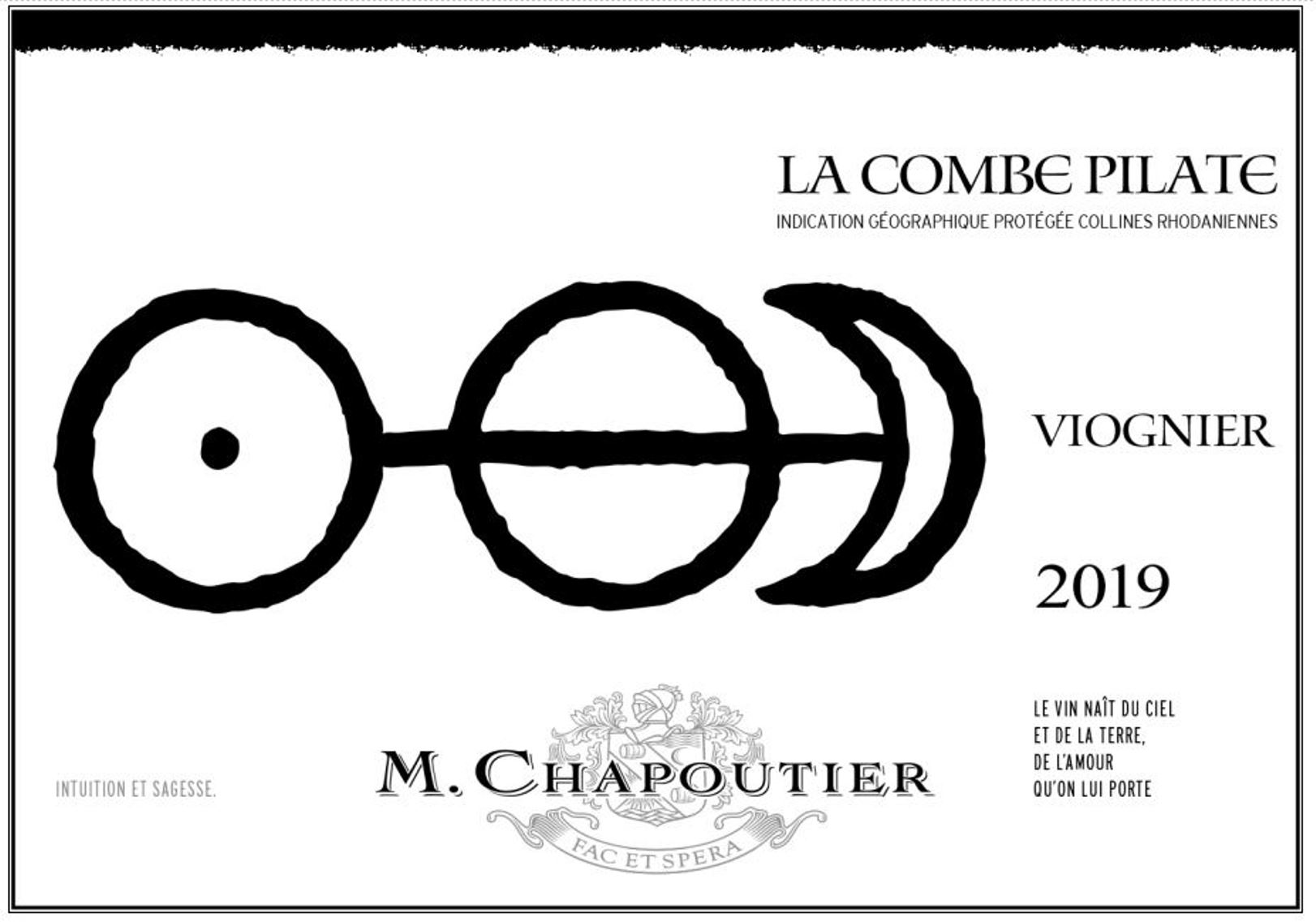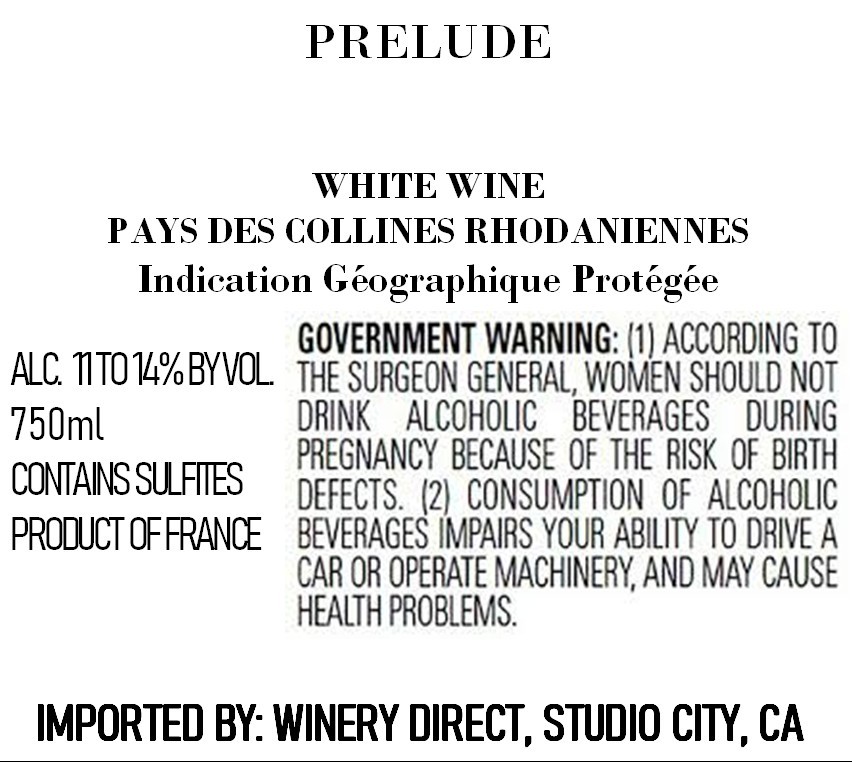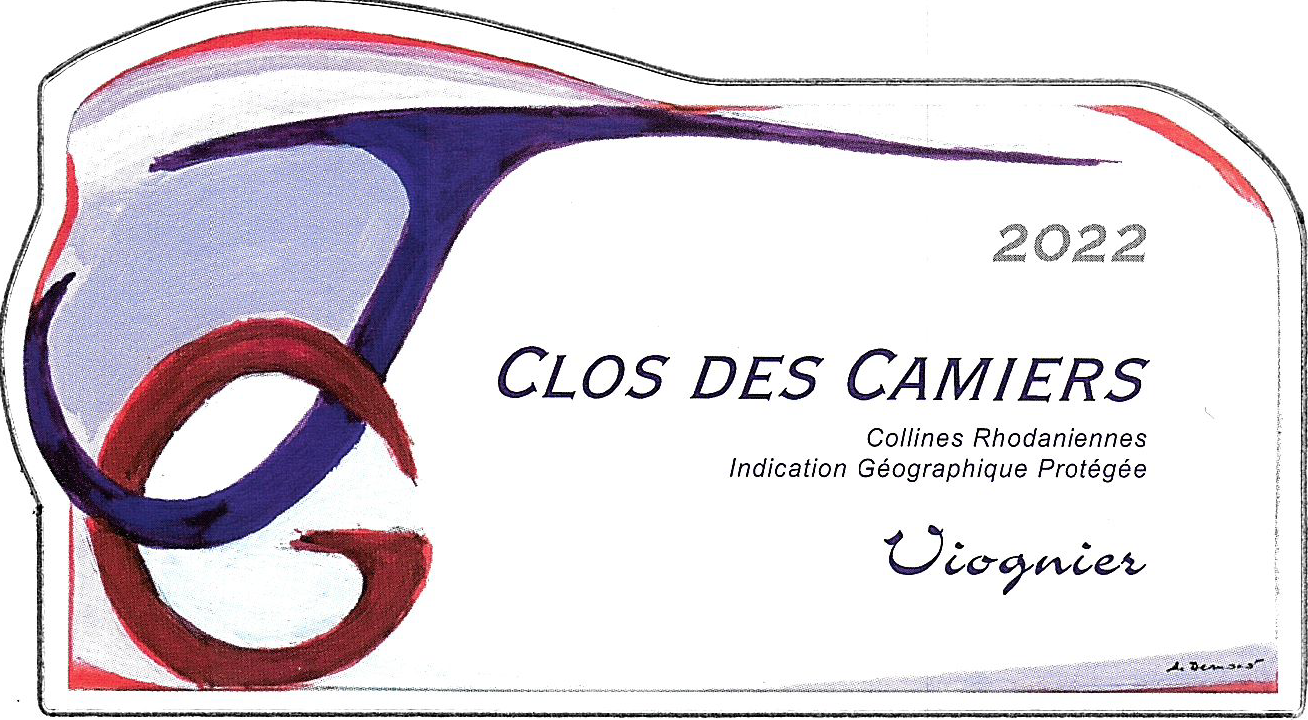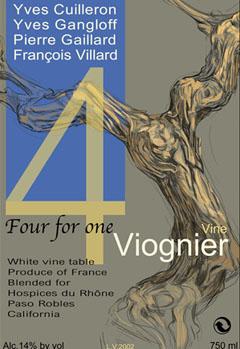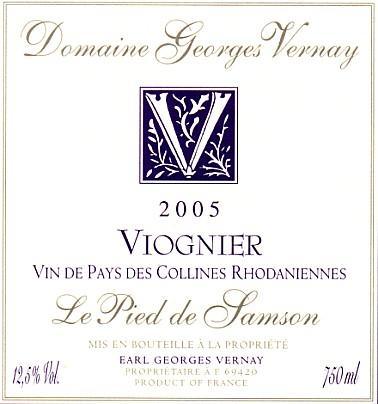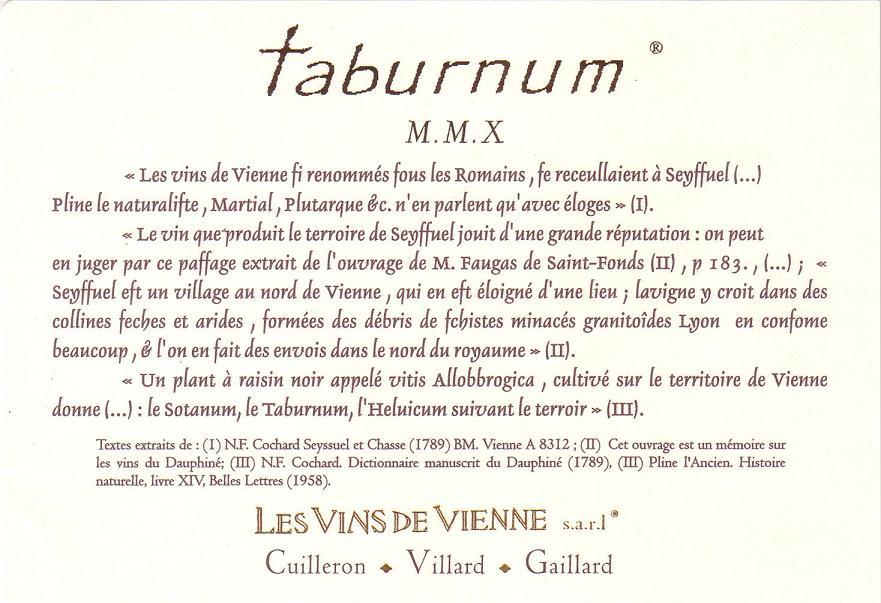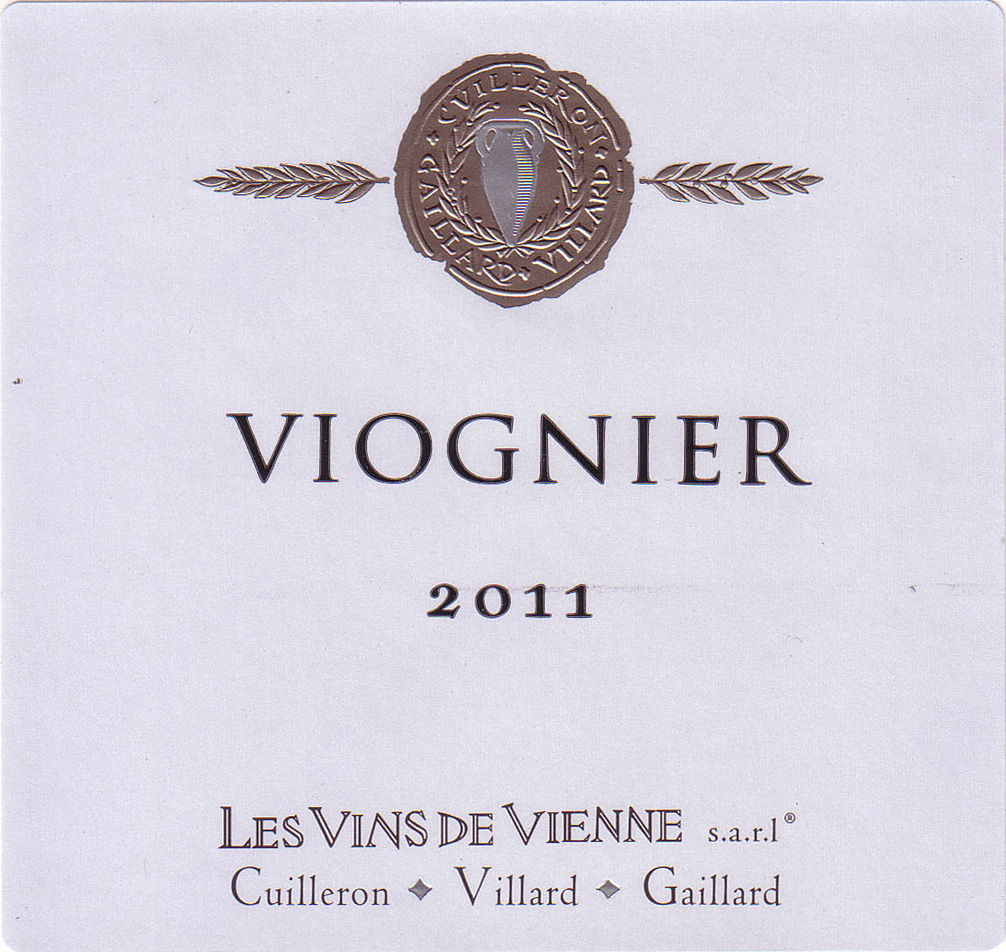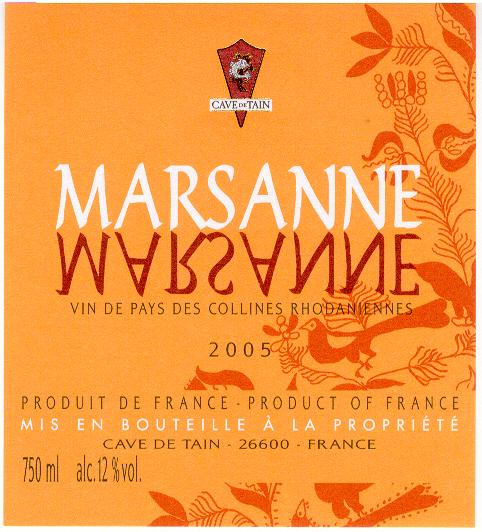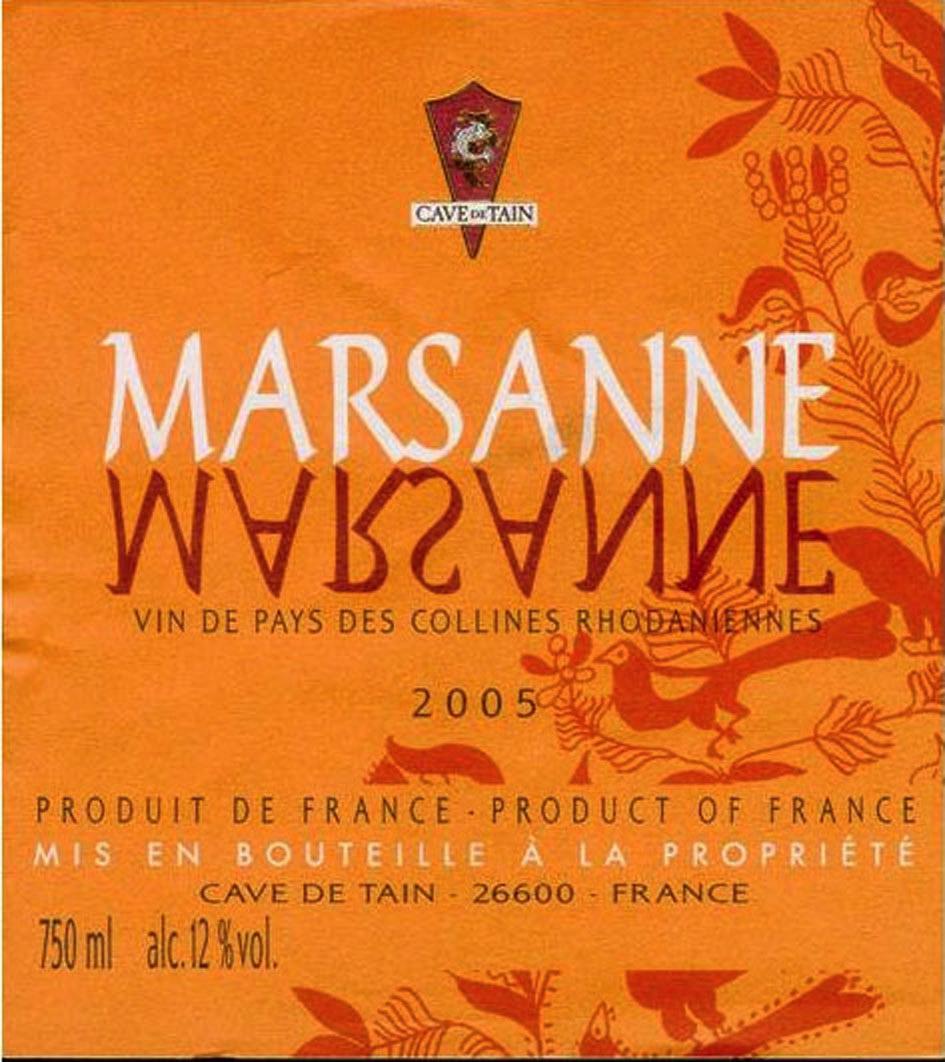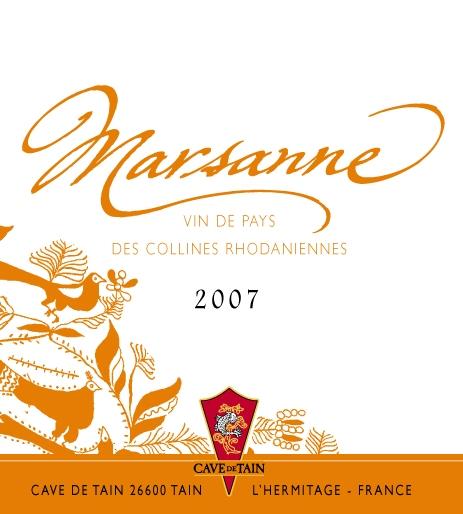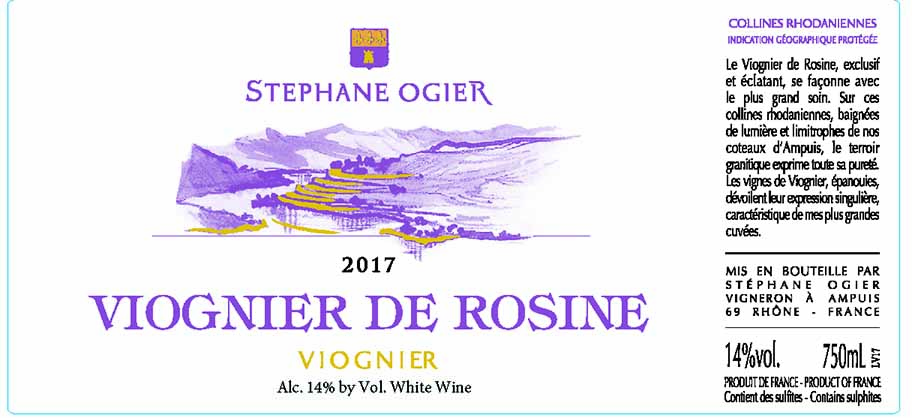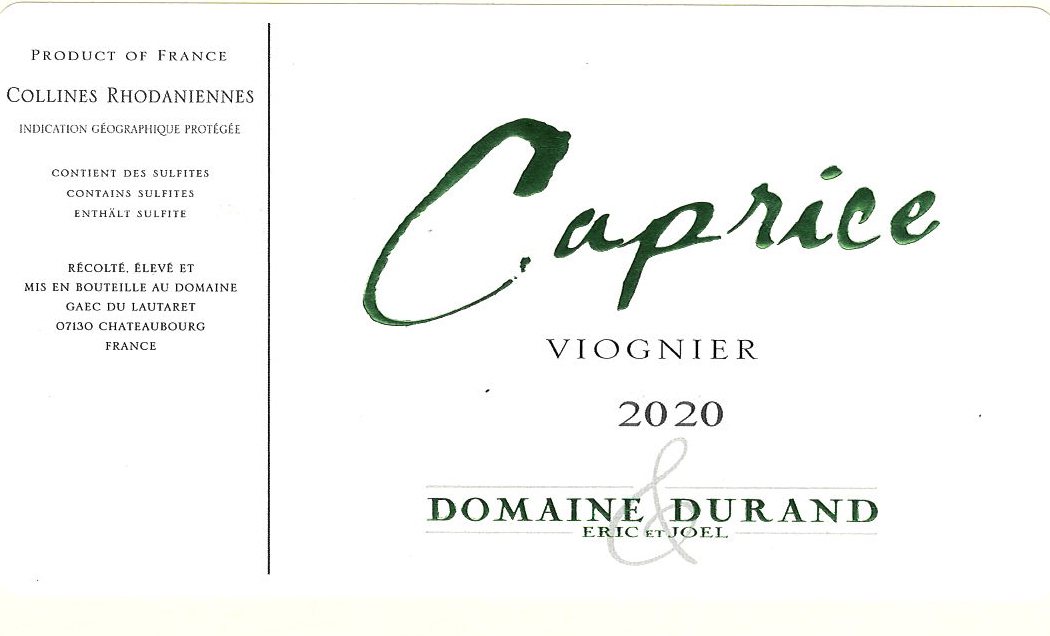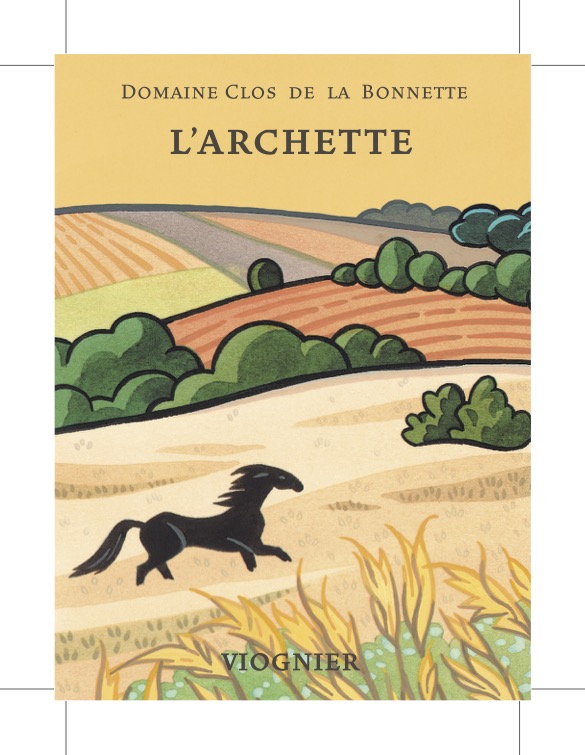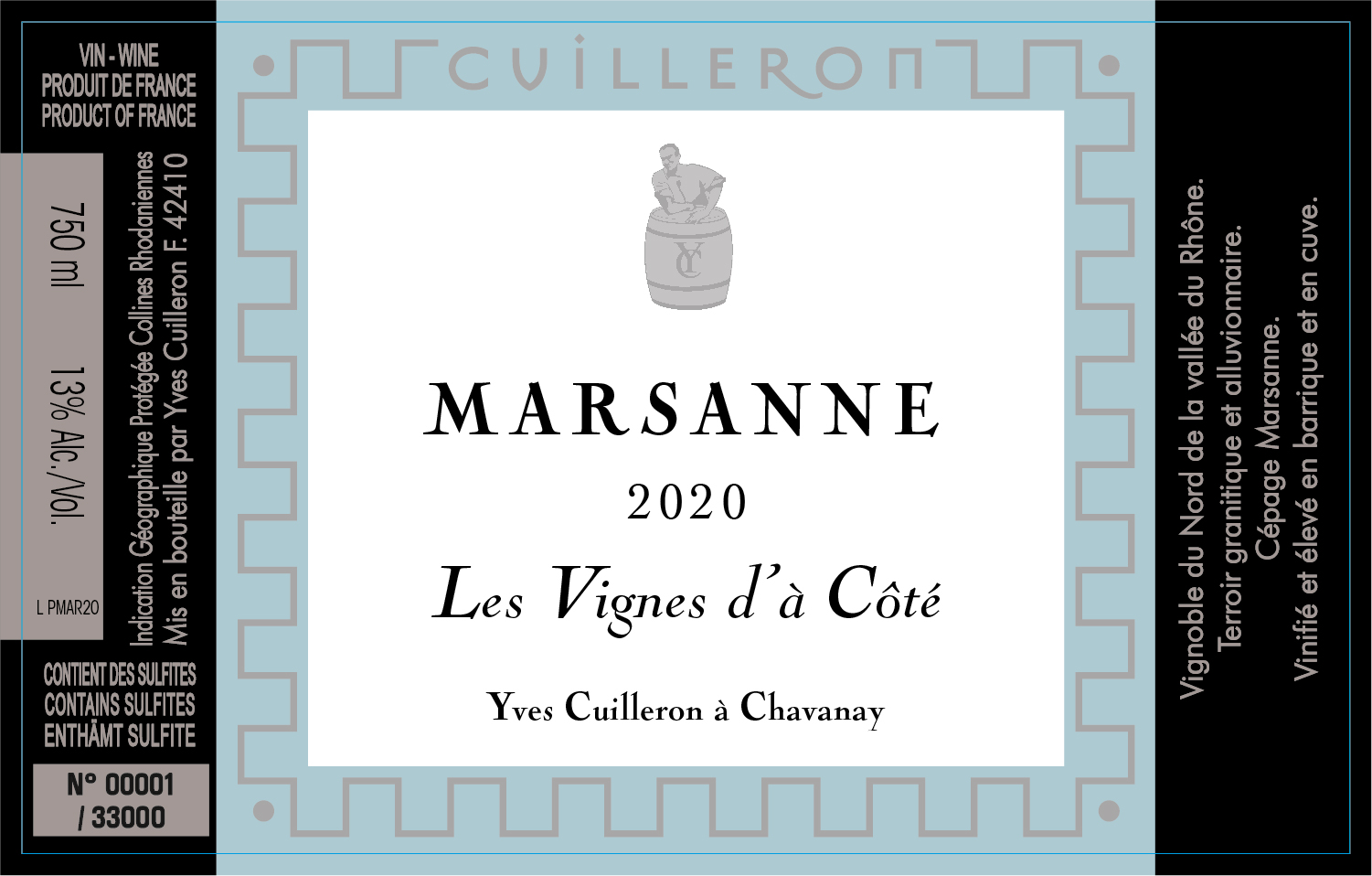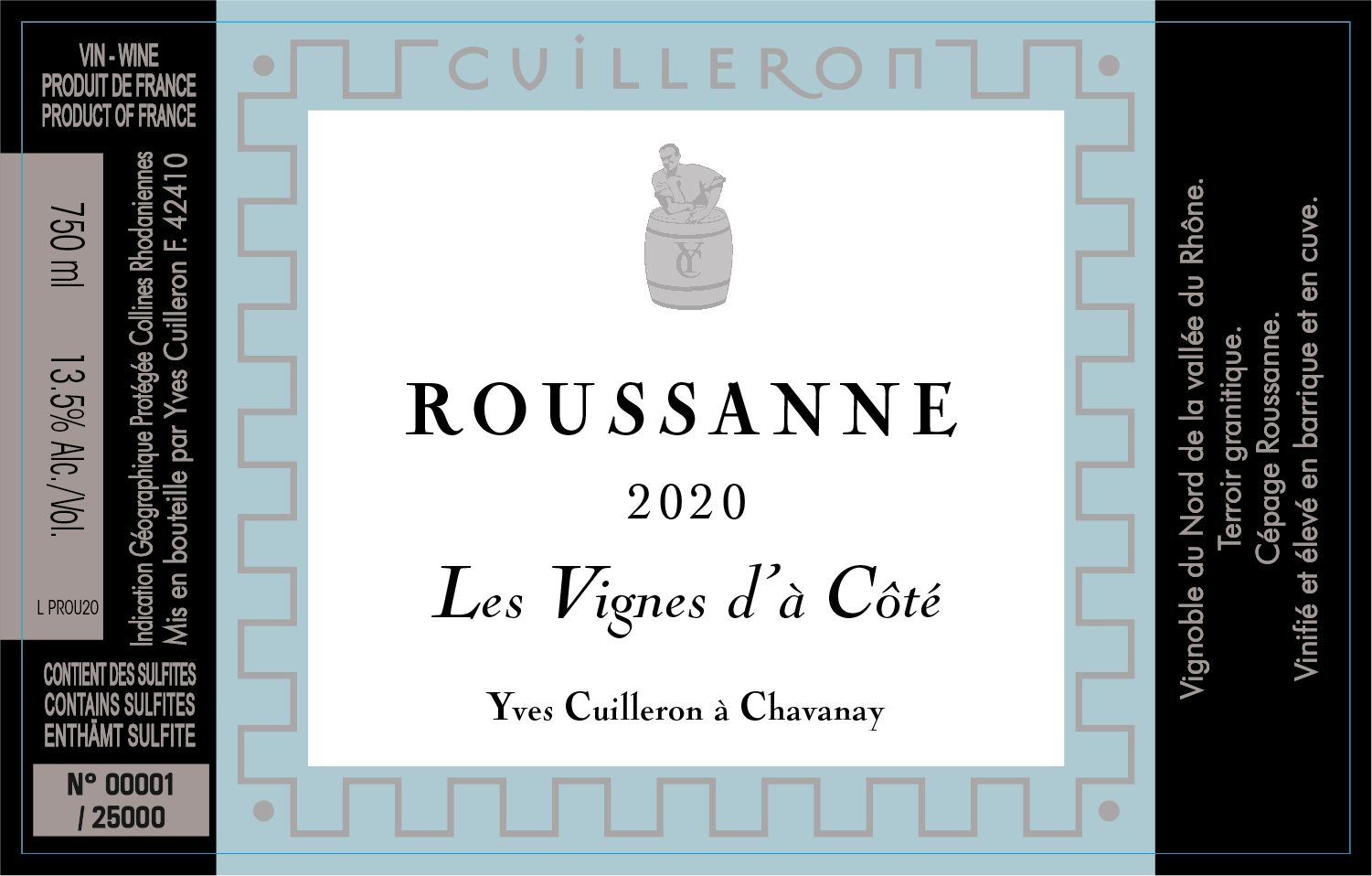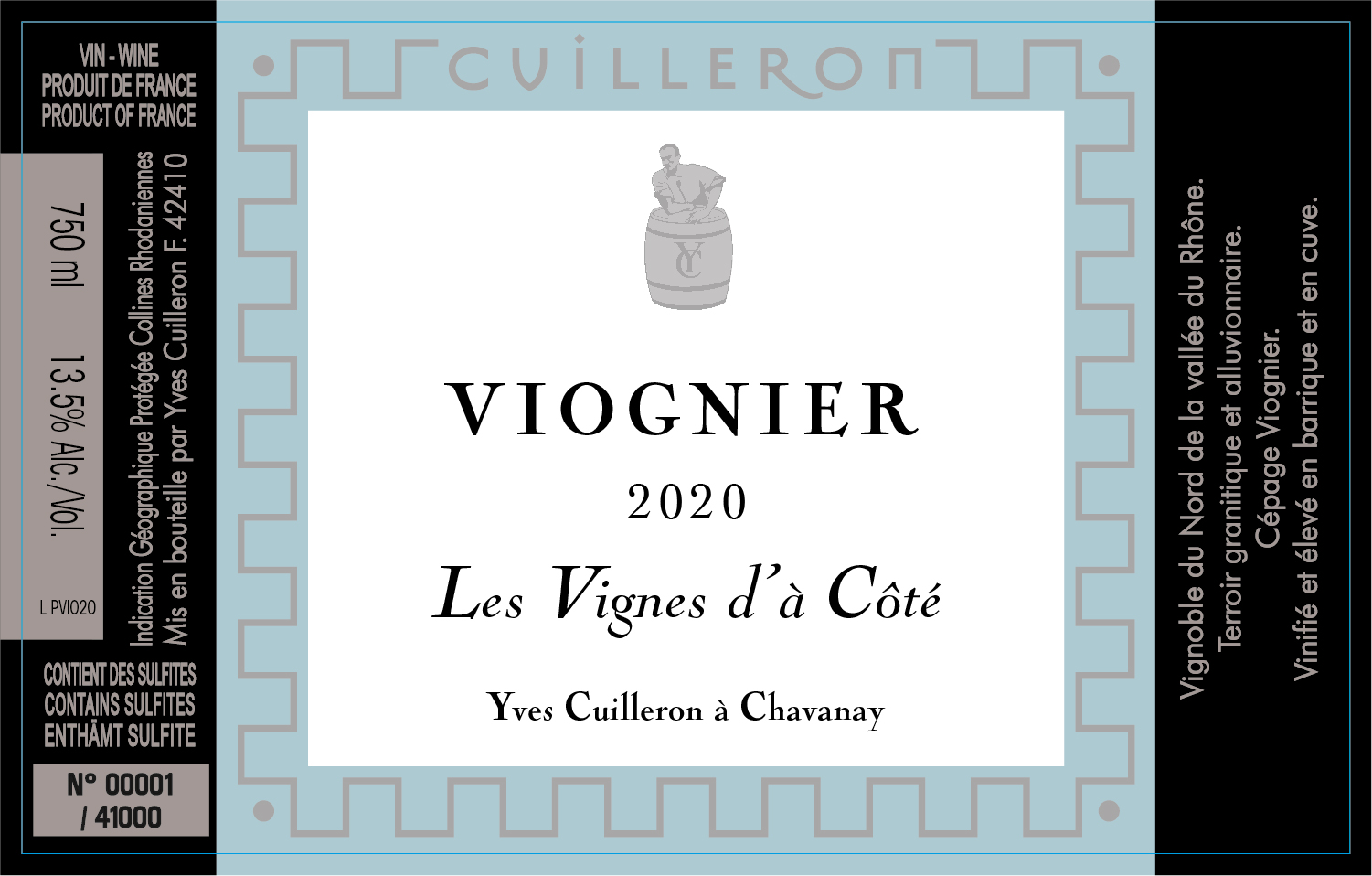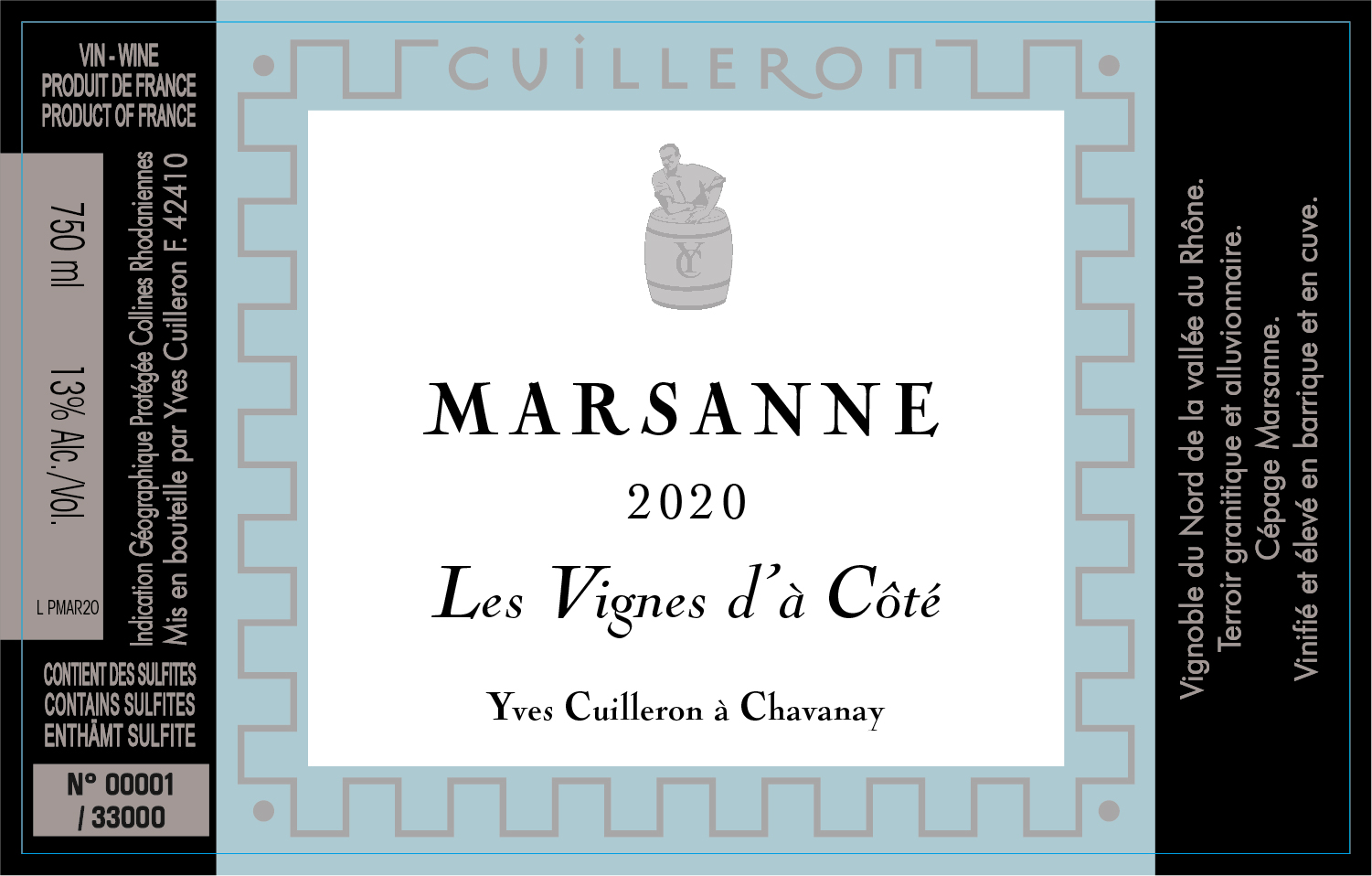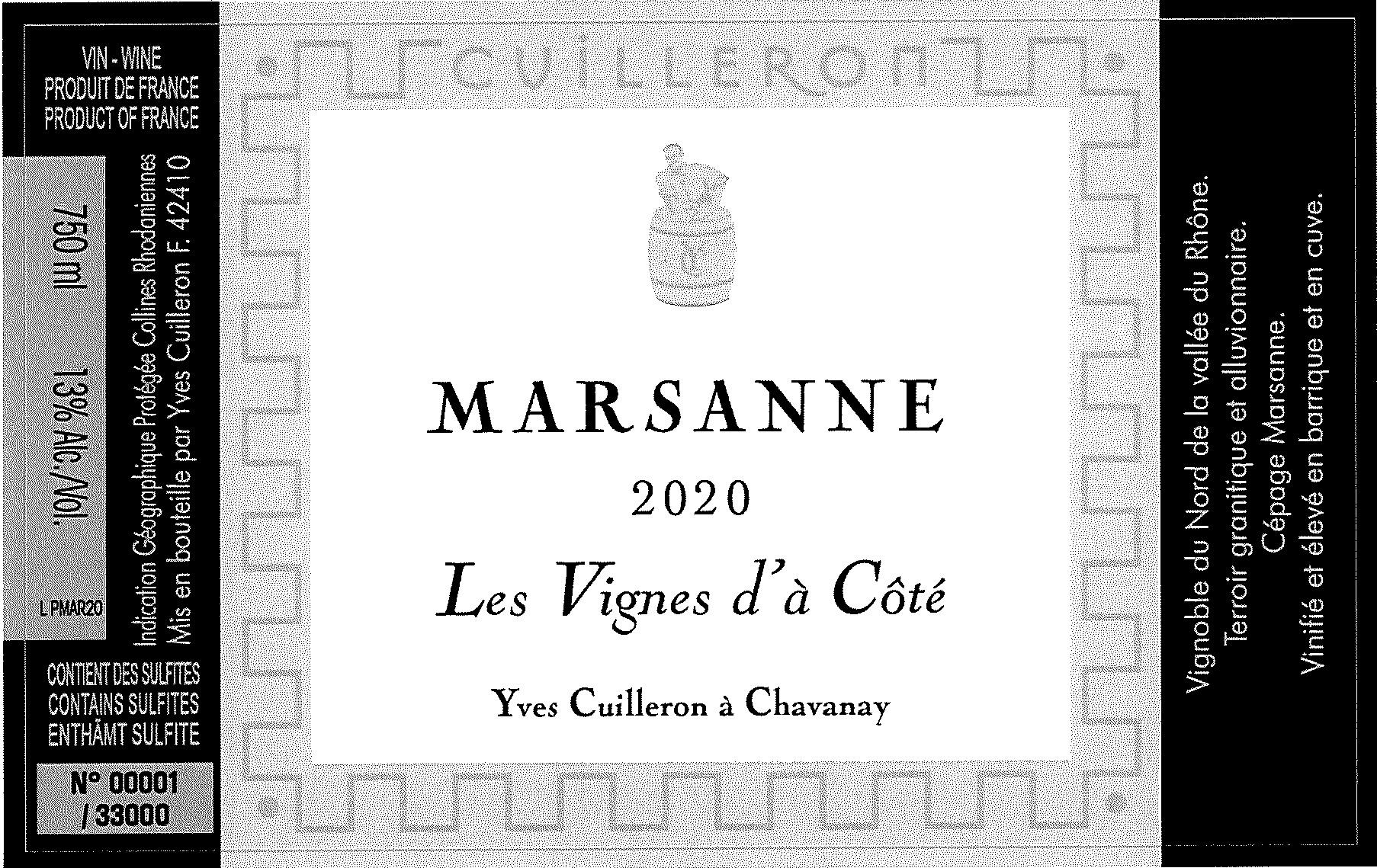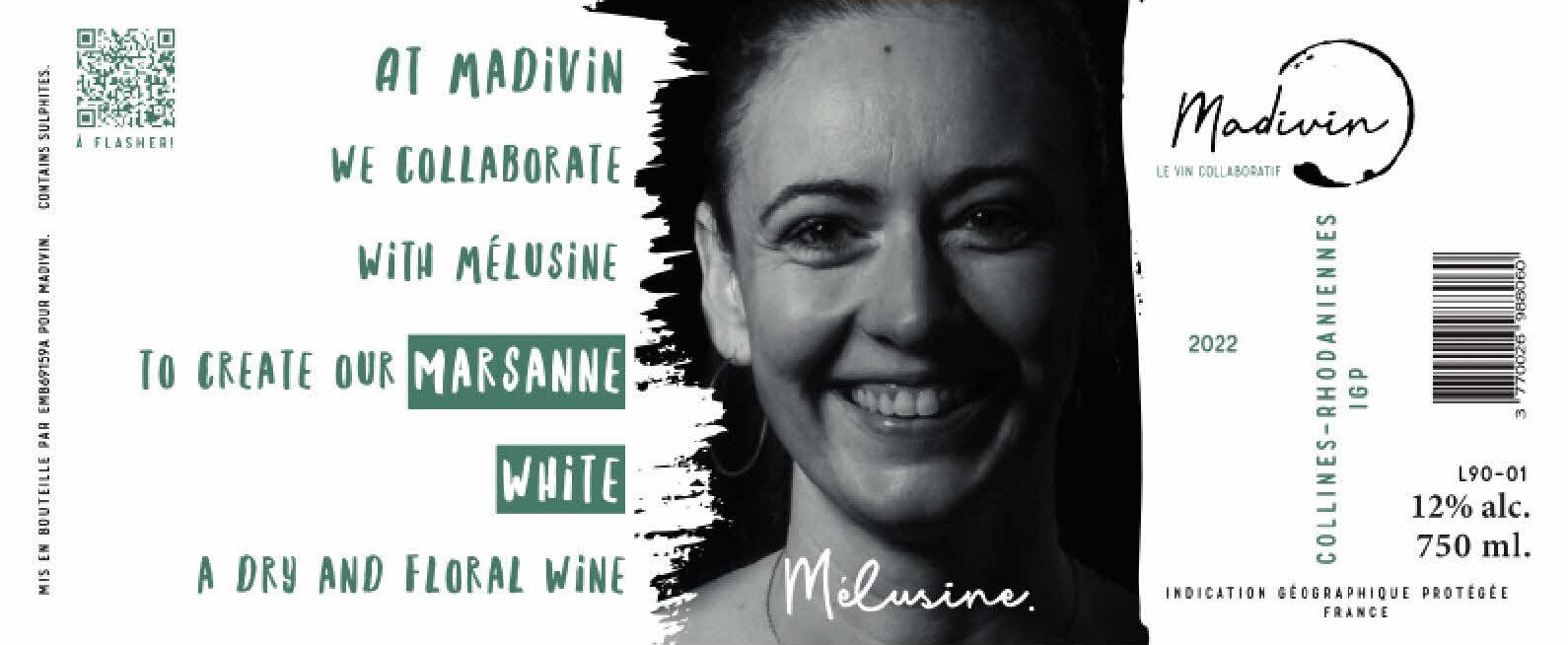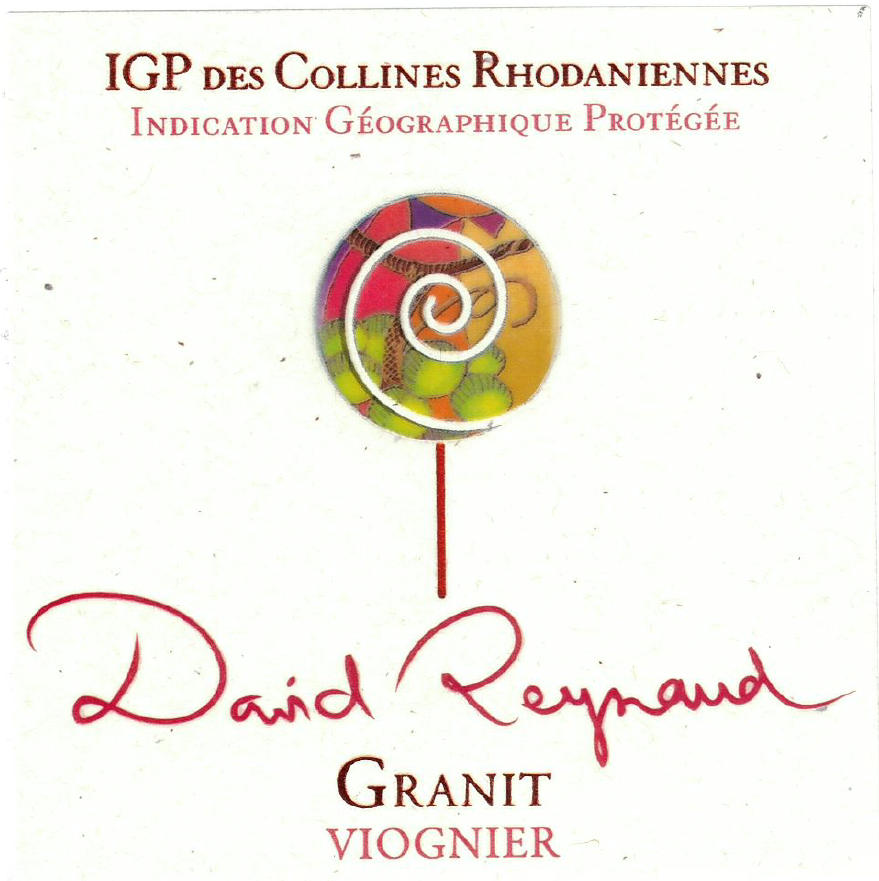Terroir of Collines Rhodaniennes
The Collines Rhodaniennes region features a diverse landscape, with elevations from 200 to 600 meters and an orientation from southeast to southwest for optimal sun exposure. Soils vary from granite and gneiss in higher areas to clay-limestone marls and sandy areas elsewhere. This variety leads to wines that balance freshness and depth based on the soil.
The climate blends continental and Mediterranean elements, offering warm summers and cool nights that enhance grape aromas.
The mistral wind cools and dries the vines, reducing disease risk. Winters can be cold, with occasional spring frosts. Moderate rainfall and well-drained slopes promote healthy vines, resulting in wines that are ripe yet refreshing, reflecting the region's unique terroir.
Notable Wineries in Collines Rhodaniennes
In the heart of the Collines Rhodaniennes, a collection of exceptional small-scale wine producers thrive, each with its unique story and style. Here are a few noteworthy wineries:
-
Domaine des Remizières: Renowned for its expressive Syrah, this family-run estate crafts wines that capture the region's essence with depth and elegance.
-
Les Vins de Vienne: A collaborative venture by three friends that highlights the diversity of local terroirs, offering a range of reds and whites with a modern twist.
-
Domaine du Chêne: Known for its commitment to sustainability, this winery produces vibrant wines that reflect the natural beauty of the Collines Rhodaniennes.
These wineries embody the spirit of the region, emphasizing quality and the unique character of their vineyards. Whether exploring fruity reds or crisp whites, each visit promises a delightful journey into the heart of Rhône wine crafting.
Sustainable Winemaking in Collines Rhodaniennes
In the Collines Rhodaniennes, sustainability is at the heart of winemaking. Vineyards frequently use cover crops and green manures to boost biodiversity and prevent soil erosion on the region’s sloped terrains. Many growers embrace organic practices, reducing chemical use and opting for mechanical weeding, even if not officially certified organic.
To adapt to changing climates, producers select drought-resistant rootstocks and manage canopy effectively to conserve water. In the cellar, winemakers minimize intervention by using native yeasts and reducing sulfur, preserving the natural flavors of the grapes.
Energy efficiency and mindful water use are pivotal, ensuring that the unique terroir—characterized by its mix of granite, gneiss, and clay-limestone soils—is expressed with minimal environmental impact. This commitment to sustainability not only protects the land but also highlights the region's vibrant and fresh wine styles.
Wine Tourism in Collines Rhodaniennes
The Collines Rhodaniennes region is a hidden gem for wine tourism, with its proximity to Lyon and Saint-Étienne. Visitors can enjoy intimate wine tastings in straightforward cellar settings, often paired with local cheeses and charcuterie. The absence of a major wine route allows explorers to independently journey by car or bike along serene country roads.
Outdoor enthusiasts will find the Parc Naturel Régional du Pilat an ideal spot for hiking and biking, offering breathtaking views of the vineyards. Seasonal events, like open-cellar weekends during the harvest, provide unique opportunities to engage with winemakers. These small-scale producers focus on authentic, terroir-driven wines, reflecting the rich diversity and sustainable practices of the region.
Whether savoring a fruity Syrah or a bright Viognier, the experience promises a personal and relaxed adventure into the heart of Rhône winemaking.
